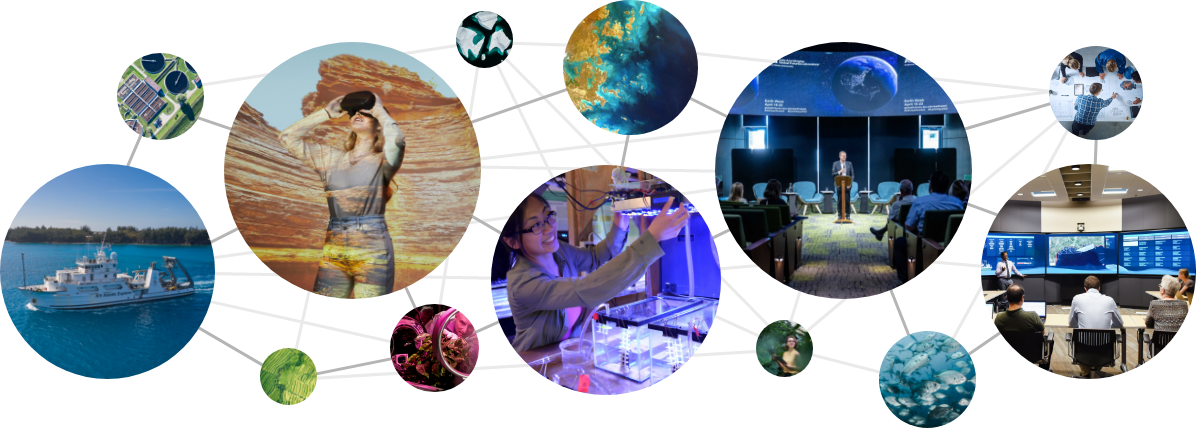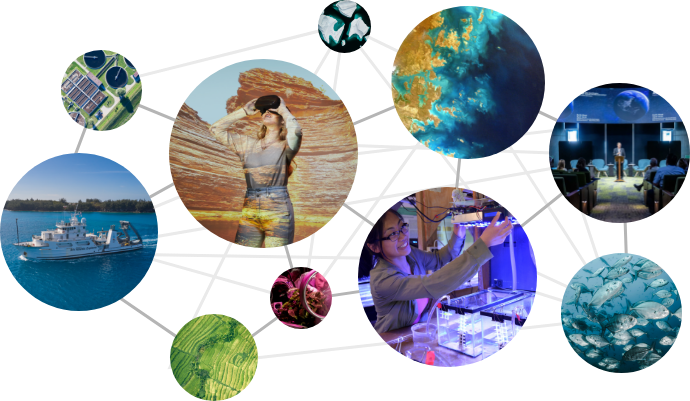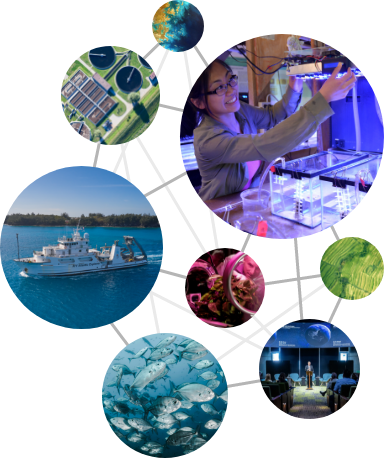
How we work
Reshaping our relationship with our world through transdisciplinary collaboration
The Julie Ann Wrigley Global Futures Laboratory® at Arizona State University is more than a single discipline or school. Our framework is designed to transform complex systems through innovation using a transdisciplinary approach to areas of focus and methods of deployment. Our programs are created to work collaboratively with each other and with like-minded partners around Arizona and across the world. We are a prototype of a university within a university, an institution dedicated to shaping positive global futures with an ability to put ideas into action.
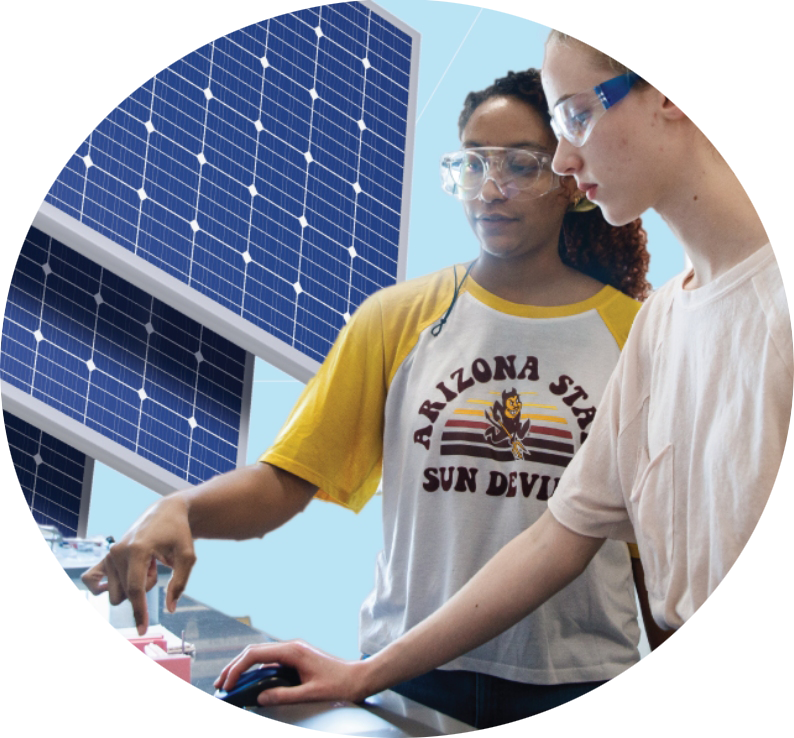

Five core spaces
Discovery
Through research across more than 40 centers and units based in our Global Institute of Sustainability and Innovation, we are understanding earth systems and projecting into the future to better determine and anticipate needs and outcomes.
Learning
At the College of Global Futures, we are exploring new ways to share knowledge and provide tools with diverse audiences according to their needs and priorities so they may help their organizations, their communities and the world meet the demand for agents of change.
Solutions
We are developing solutions for issues such as carbon capture, energy systems, ocean health, decision support and waste on multiple scales in close exchange with the people affected by our world’s problems.
Networks
Alongside partners like the United Nations and Conservation International, we are achieving a critical mass of intellectual resources to address challenges that are too big to solve alone.
Engagement
We are convening communities and organizations through programs like Decision Theater and the Global Futures Conference to understand their needs, learn from their knowledge and share ideas.
Focal areas
To accelerate the pursuit of research, education and the development of approaches and applications that address our global futures, the Global Futures Laboratory has identified 14 unique focal areas in which ASU holds deep expertise. These focal areas work fluidly beyond their disciplinary boundaries so that we may develop comprehensive solutions to the complex issues that are placing our planet under stress.
Each focal area is able to tap into the wealth of research and expertise that exists across the more than 855 Global Futures Scientists and Scholars, a university-wide cohort of Global Futures-affiliated faculty, researchers and fellows as well as throughout the laboratory’s diverse global networks and partnerships.
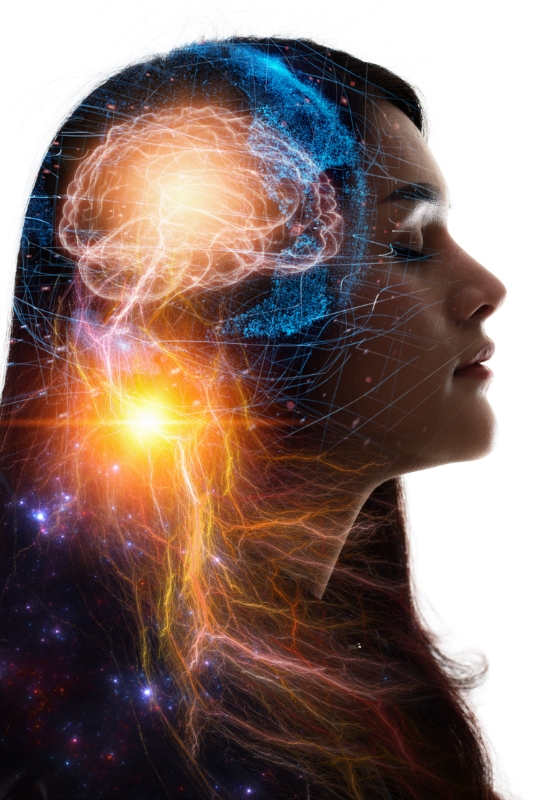
Human sciences
The human sciences focal area brings together humanists and social scientists who engage with the histories of our fields in order to offer conceptual clarification, theoretical analyses and critical explorations of who “humans” are, how they live, what motivates them, how they imagine and work for change, respond to risk, live in relationship to the nonhuman and plan for the future.
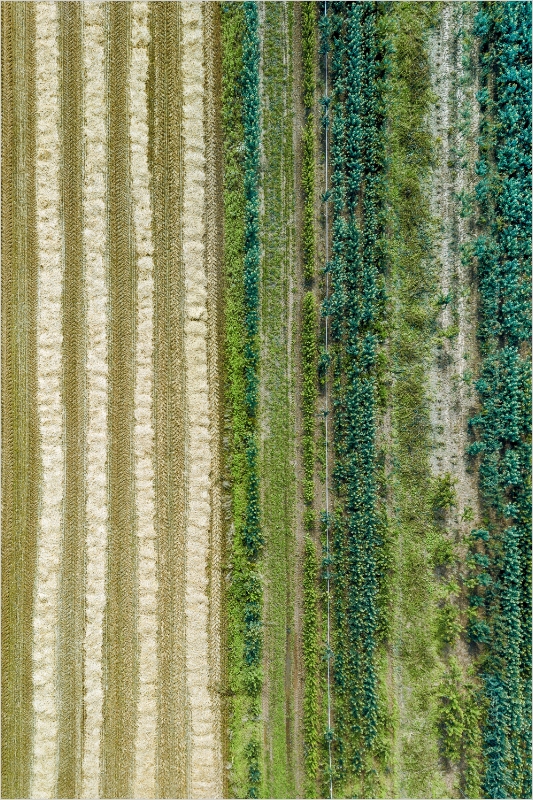
Food systems
Food systems is centered on tackling one of the most daunting challenges of our time — the enormous tasks of mitigating environmental degradation while addressing global hunger and nutrition needs.
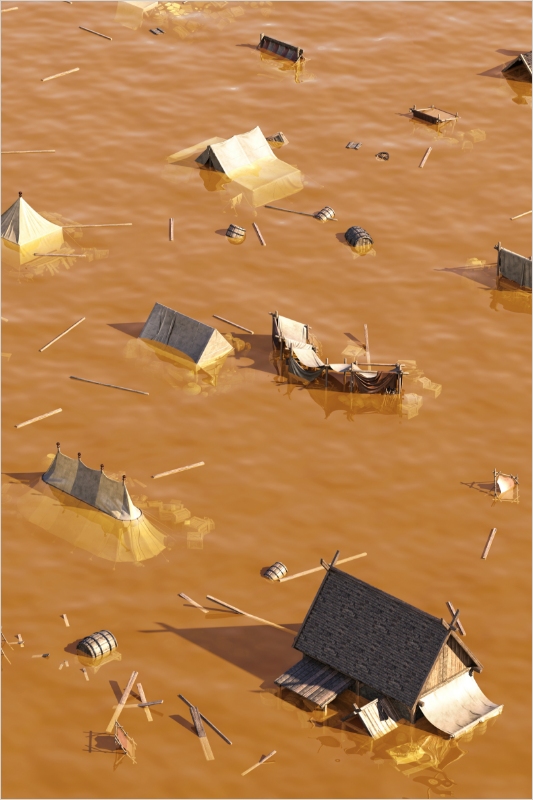
Extremes
The extremes focal area will foster understanding of the effects of extreme events in social, ecological and technological systems and their interactions by facilitating dialogue with decision-makers as well as to shape research directions.
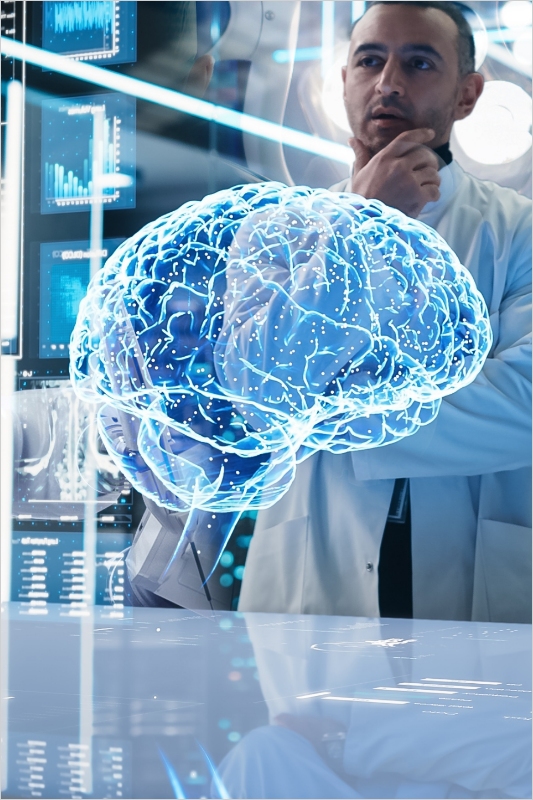
Systems of health
The health solutions focal area envisions a world where everyone, everywhere enjoys an equal opportunity to lead a healthy, productive life founded on sustainable diets, physical activity and access to affordable, quality health care. The systems of health’s strategic foci fall under one umbrella: reducing the global burden of disease by optimizing health across the lifespan.

Biosystems
The mission of the biosystems focal area is to co-produce designs and trustworthy decision cycles for managing biosystems services in diverse regions, including human-dominated environments. Its vision is a decentralized approach to monitoring and forecasting global biosystems promoting inclusive, co-produced designs and decisions that allow biodiversity and bioservices to thrive on a human-dominated planet.

New energy systems
Through research, education and network partnerships we seek to support the extant energy transformation. We envision a transition to a transformed energy system that is equitable, resilient and responsive to the rapidly changing global climate.
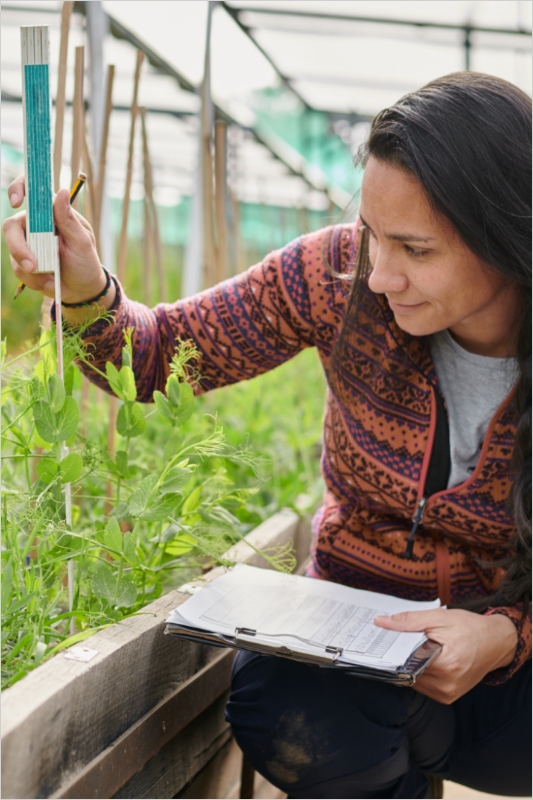
Indigenous knowledges
A Native-led space within the Global Futures Laboratory ecosystem dedicated to engagement and dialogue about Indigenous knowledge systems and their contributions to sustainability, resilience, place-making and relationship to lands, waters and Earth systems. This focal area will be a place to research and share Indigenous worldviews, kincentric practices and effective models from the past as well as visions for a sustainable, just future.

Narratives
Narratives is an incubator of ideas and producer of legible, compelling outcomes that can influence the public dialogue and decision-making. This includes creating a wide variety of media projects and storytelling for the widest possible audiences, as well as studying dominant and influential existing narratives and assessing the impact that new narratives can have in driving change.

Solutions
Working with partners within the university and around the world, we endeavor to make measurable impacts through the development of implementable tools and knowledge in order to develop customized, actionable and scalable applications for a stronger future.

Water
Water is the essential ingredient for every known living organism. Our work focuses on securing sustainable, safe drinking water and water sanitation services for all people and sustainable management and protection of freshwater resources throughout the planet.

Systems modeling
The systems modeling focal area provides cross-cutting expertise in modeling and data science across the Global Futures Laboratory so we may improve our understanding of complex dynamics and feedback in coupled human and natural systems and generate scenarios for exploring alternative futures and the scalability of possible solutions to diverse challenges.

Human economies
The human economies focal area brings together faculty and students interested in a discussion of the functioning and much needed transformation of our global economies. This group is interested in understanding how the economies of various kinds are made and remade by people, and how we as a globally interconnected society can build more inclusive and sustainable economies.
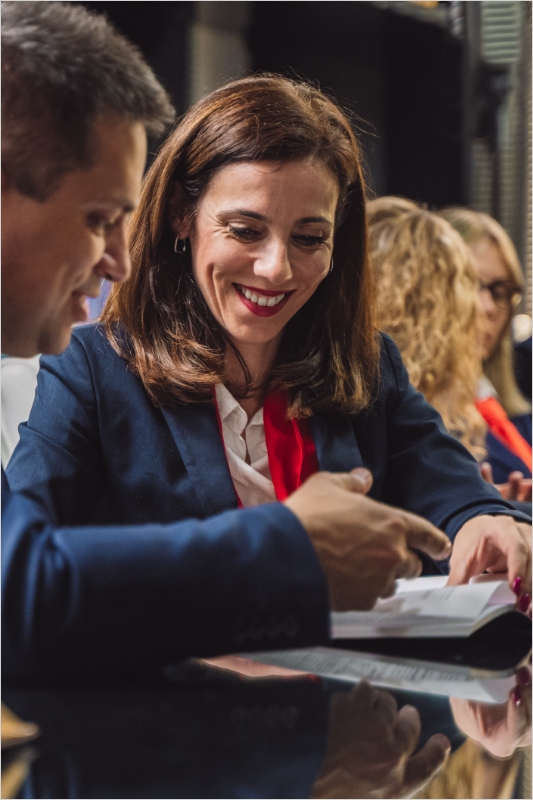
Governance and decision-making
The goal of the governance and decision-making focal area is to understand the economic, social and political structures, mechanisms and dynamics that are foundational to processes of cross-level/cross-scale governance and decision-making and are therefore critical to transforming global futures in the age of the Anthropocene.

Future cities
Currently, 55% of the world’s population lives in urban centers. By 2050, that amount is expected to grow to 68%. As more humans move to cities for a multitude of reasons, it is important to be able to adapt existing urban infrastructure so that it can grow with their population as well as innovate new policies and practices to ensure that those living in cities may do so equitably.
Explore our programs
The Global Futures Laboratory comprises more than 70 centers, units and initiatives including the College of Global Futures and the Global Institute of Sustainability and Innovation. We invite you to look over our entire portfolio of programs and learn how you may want to engage with us as we work to shape a thriving future for all of Earth’s inhabitants.
